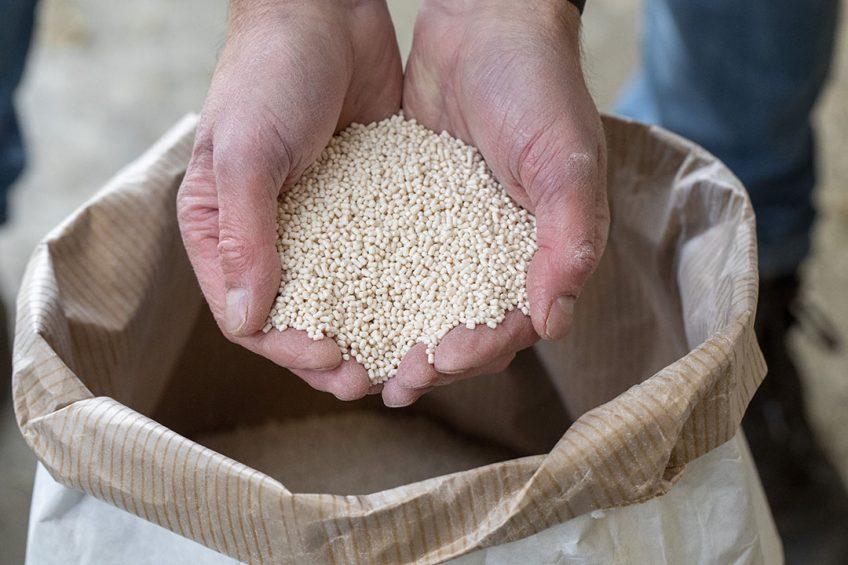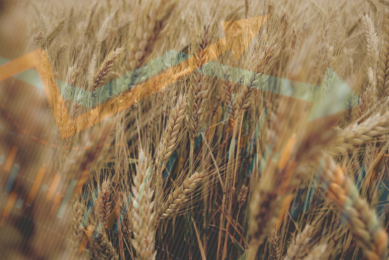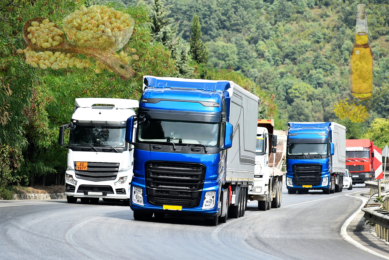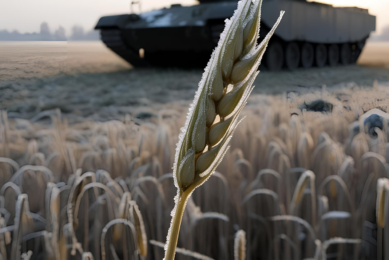Russia to adopt new feed additives registration procedure

The Russian Parliament has registered a bill detailing a new system for the registration of feed additives for their further use in the country’s market.
As explained by the deputy Russian Agricultural Minister Ivan Lebedev, the new bill is called to establish a fair and transparent feed additives registration system.
Costs for registration of feed additives
“In order to unify the approaches of collecting fees for state registration of feed additives, and increase transparency, the bill proposes to subject it to a single state duty of Rub85,000 ($ 1,180),” the Minister said.
Besides, the authorities plan to charge Rub34,700 ($ 590) for introducing adjustments into a feed additive’s dossier when this requires its expert examination. Without the expert examination, this system would cost Rub7,700 ($ 105), Lebedev explained.
Any composition change requires registration as new feed additive
“It is estimated that these fees would bring Rub26 million ($ 400,000) on average per year to the Russian federal budget,” Lebedev said. Currently, the Russian veterinary system is built as so; if a company even slightly changes the composition of a feed additive, it has to register it as a new additive in Russia, said Sergey Mikhnyuk, CEO of the National Feed Union. At the moment, feed additive importers pay several fees for state registration of feed additives to the All-Russian State Center for Quality and Standardization of medical products for animals and feed.
Registration of a new feed additive takes about 6-8 months
Authorities also plan to change the procedure for suspending and cancelling state registration of feed additives. Russian lawmakers also proposed to revise rules under the procedure for laboratory testing samples of a feed additive.
During the past few years, Russian feed additive importers complained that the feed additive registration procedure was not fully transparent and too long. On average, registration of a new feed additive takes about 6-8 months in Russia.
More clarity is needed
The new rules are slated to come into force on January 1, 2022. However, there are still gaps the Russian feed industry wants to address. For instance, there is no clarity regarding the cost of services of laboratories authorised by the Russian veterinary body Rosselhoznadzor to conduct an examination, according to Mikhnyuk. He claimed this issue must be sorted out to avoid a legal vacuum, adding that he hoped that no new rules would be added that worsen the new procedure for feed importers. “We rely on common sense that there will be no excesses – neither financial nor administrative,” Mikhnyuk said.
“The National Feed Union’s working group on registration of feed additives made a great contribution at all stages of discussion and transformation of the bill. We very much hope that our intellectual and timely assistance will not be wasted,” he added.











